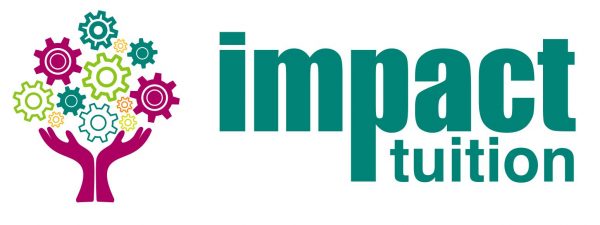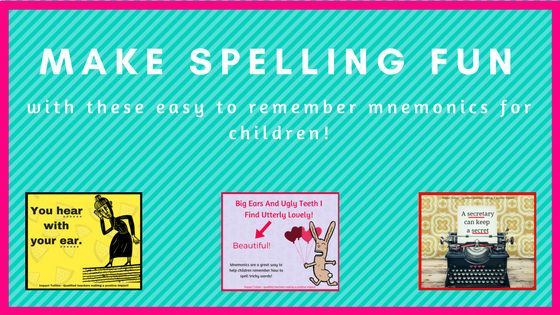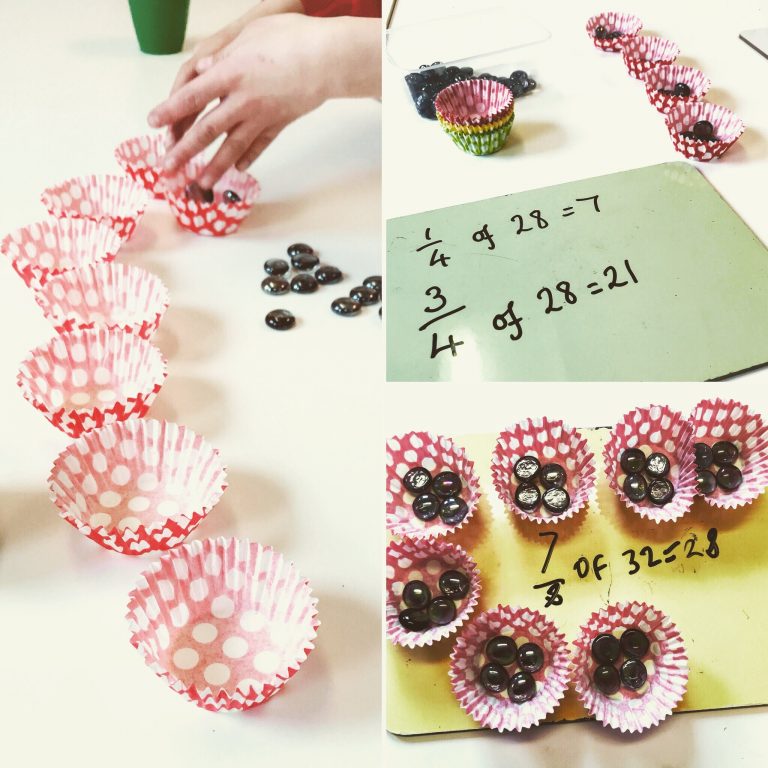Working Memory
Working Memory in children has been shown to be a more accurate way of predicting future educational attainment than IQ.
 Children with poor working memory often struggle with routine, everyday tasks like instructions, directions and learning tasks such as maths and writing.
Children with poor working memory often struggle with routine, everyday tasks like instructions, directions and learning tasks such as maths and writing.
What is Working Memory?
Working memory is like a note pad in your head, your mental working space; you use it to retain facts that you only need temporarily eg – down the corridor, past the photocopier, second door on the right. Or what is 12+45+73?
Clearly Working Memory capacity is an important component of effective learning.
Poor working memory is a feature of about 70% of children with special educational needs such as dyslexia, dyscalculia, ADD/ADHD and ASD.
Whilst about 10-15% of children will suffer from a WM impairment this is often mistaken for other learning difficulties, such as attention problems or even just lack of ability.
Children who have low Working Memory may:
- Have normal social relationships/friendships with other children
- Be reserved during group activities in the classroom and tend to be reluctant to answer direct questions.
- Find it hard to follow a set of instructions or directions.
- Lose track during more complex tasks and end up giving up before completion.
- Find it difficult to keep track of where they are up to in tasks like copying from the board or miss steps out in work.
- Struggle to remember details about work they’ve just done.
- Seem to have poor attention span or may just seem “away with the fairies”
- Have difficulty with procedures that require both storage (remembering) and processing (manipulating information), the classic example being maths word problems.
How to help a child with poor WM
- encourage children to ask for further help or reminders if they forget things
- break longer tasks down into a series of steps with visual reminders
- ask children to repeat instructions back to you to check they have understood.
- Use metacognitive strategies – help children reflect on the way that they learn best
- In maths, use visual resources and write down calculations. Trying to do too much mental calculation puts strain on working memory.
More information and resources
Understand.org has a great article on how to help children with working memory.
Additude is an organisation that supports individuals with attention difficulties. They have a very helpful blog on working memory. Click here to read it.



